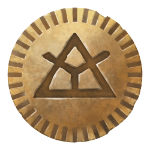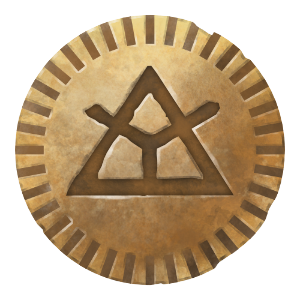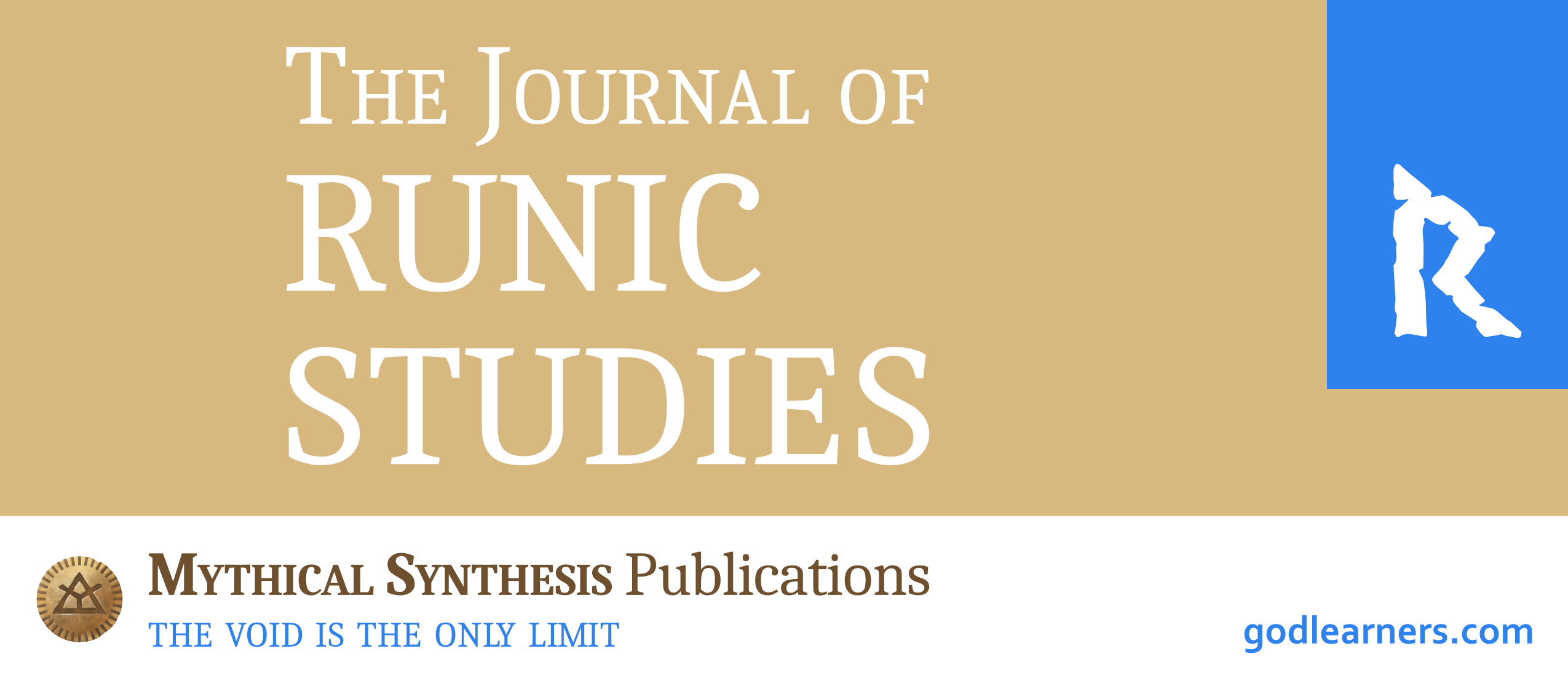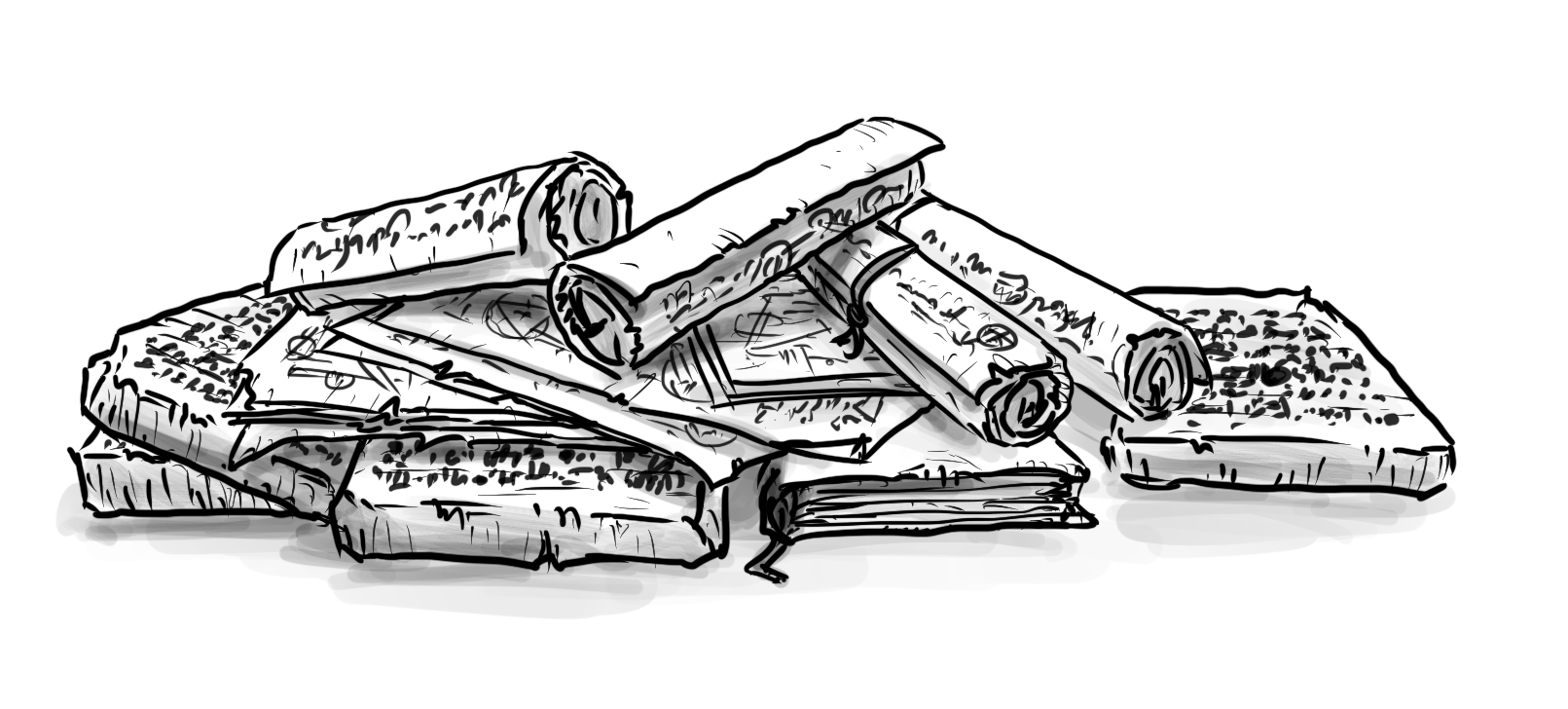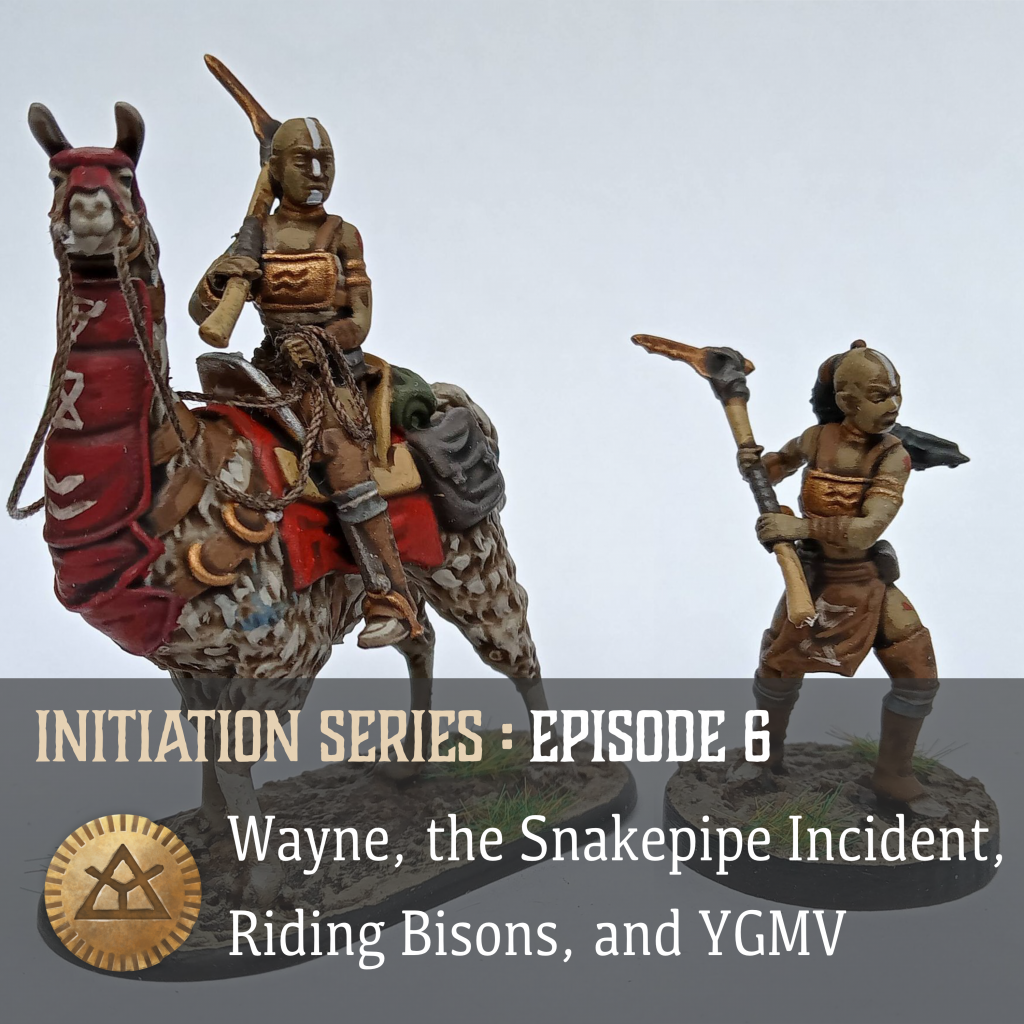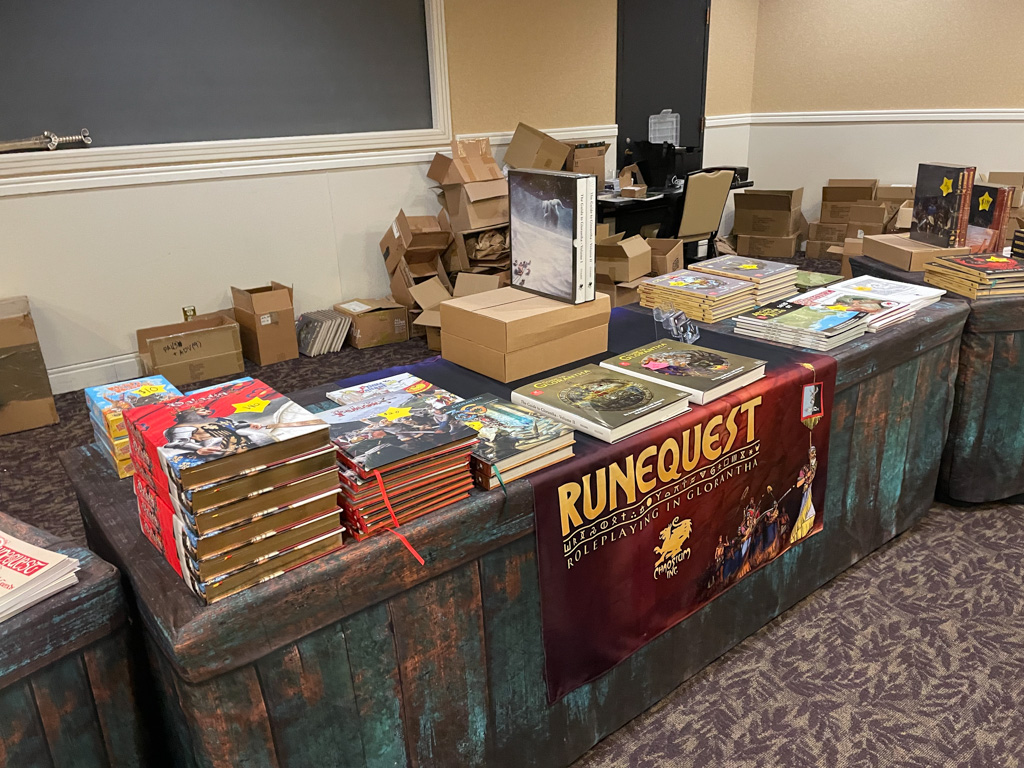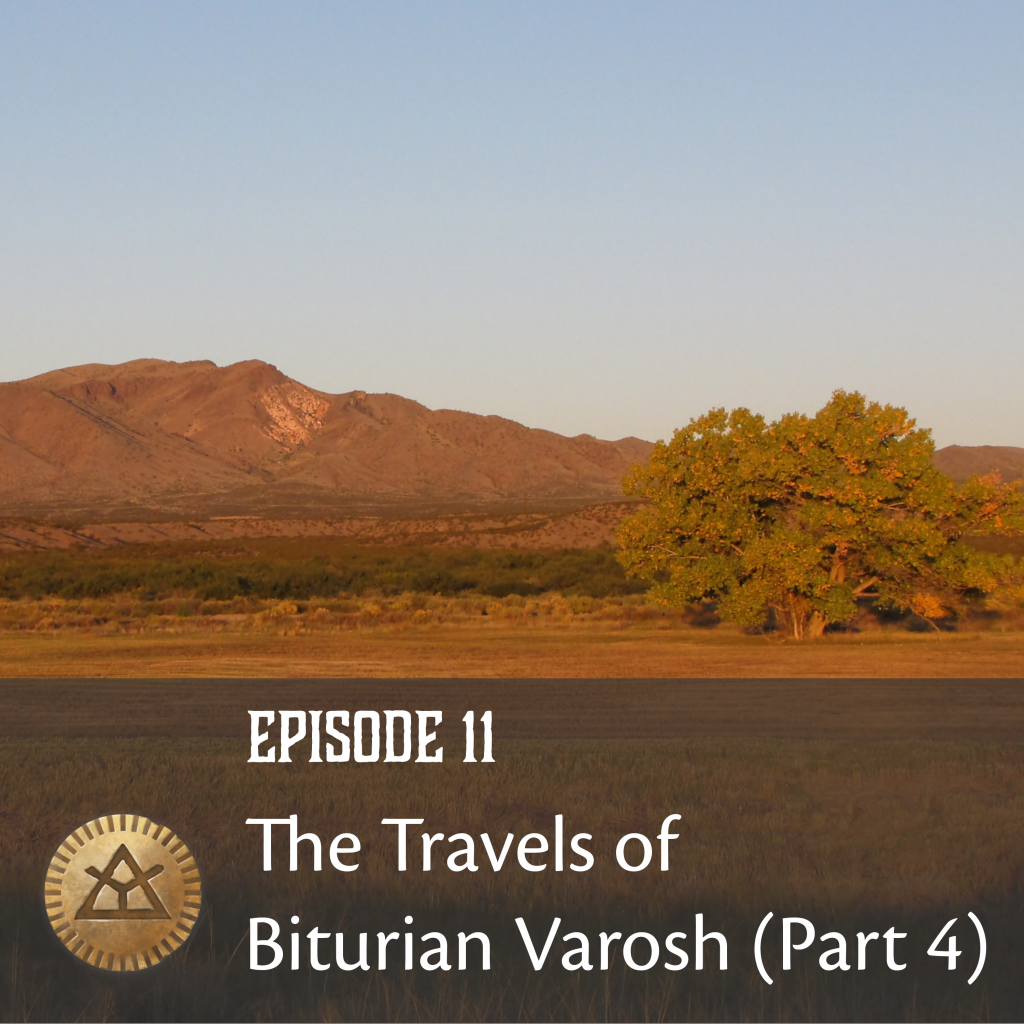
For this episode of the God Learners podcast we welcome back Drew Baker, who followed Biturian Varosh with us back in episode 5. Drew is doubly qualified for this task since he just released a new Jonstown Compendium item called Highways & Byways which is a travel reference for Dragon Pass and its surroundings.
News
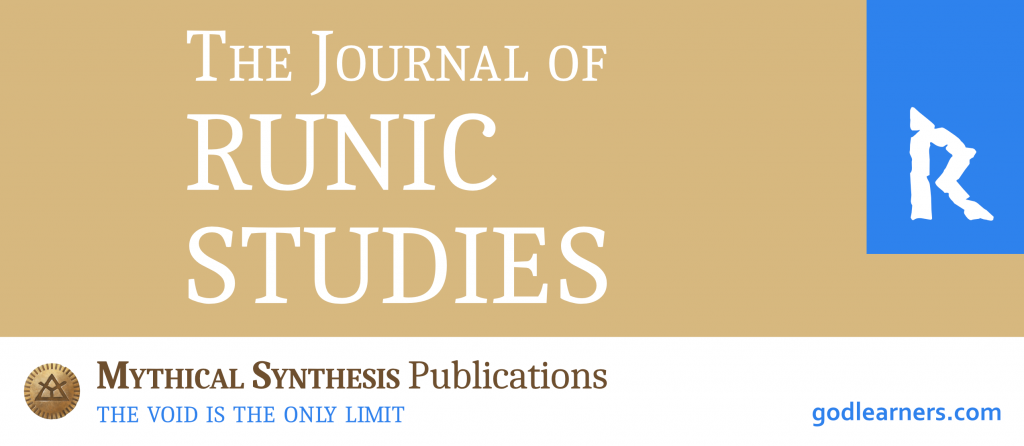
Ludo advertises our Gloranthan newsletter, The Journal of Runic Studies, and briefly mentions having gone to ChaosiumCon. Ludo’s full report is available here.
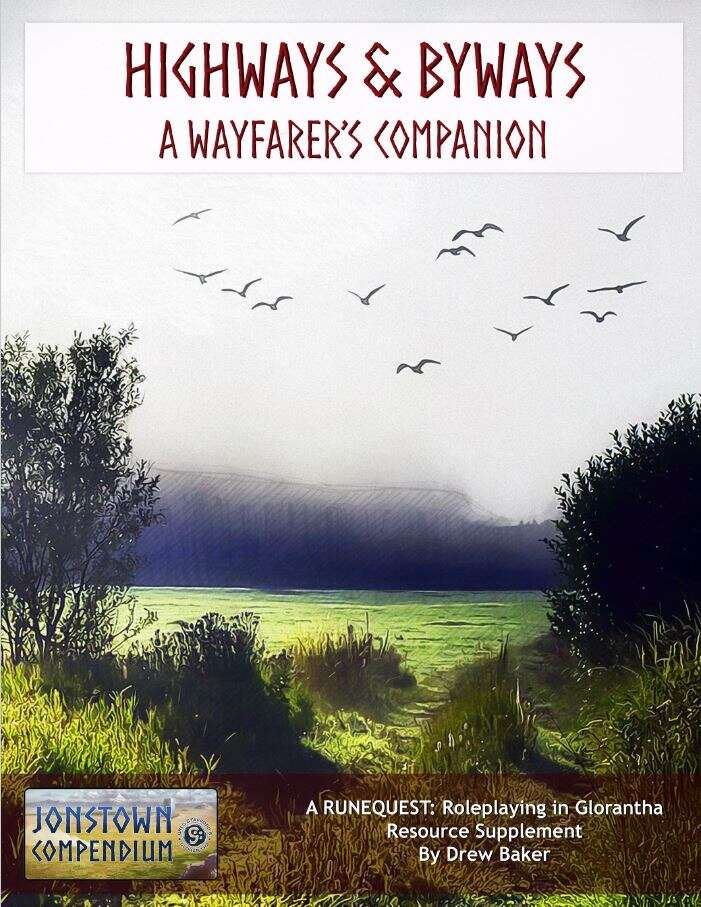
Next, Joerg and Ludo run a short interview with Drew about Highways & Byways: where the idea comes from, what it contains, the fun of reconciling various Gloranthan maps with different scales, and the possible fictional explanations for things changing from one map to another.
Ludo mentions the Dumb Cuneiform website in passing, where you can order your own cuneiform tablet.
Drew mentions his Call of Cthulhu adventure The Reading of a Will. You can see all of Drew’s community content here, such as the QAD series which provides plenty of stat blocks and mechanical information for RuneQuest.
Main Topic
We catch up again with the Travels of Biturian Varosh, from the classic Cults of Prax supplement. This short story was scattered across the book to help picture what life in Glorantha might look like.
In the first segment, Biturian and Norayeep search for healing herbs in order to make a little bit of money. We talk about the rules for Plant Lore, the utility (or lack thereof) of D12s, heroquesting, and Humakti ghosts. Drew mentions the Old Men Play RuneQuest podcast and video series.
The second segment brings us back to Pavis, where we share theories and consternation about what’s going on with Biturian and Morak at the local Lhankor Mhy temple. We talk about slave bracelets, horned children, sex rituals, and more weird stuff.
In the last segment, Biturian goes to the Pairing Stones and witnesses an Orlanthi initiation, including (finally!) some spirits of reprisal.
Before heading out, our three hosts share their thoughts on this penultimate leg of Biturian’s journey.
Credits
The cover image is by Greg Goebel. The intro music is “The Warbird” by Try-Tachion. Other music includes “Cinder and Smoke” and “Skyspeak“, along with audio from the FreeSound library.
Podcast: Play in new window | Download (43.3MB)
Subscribe: Apple Podcasts | Spotify | RSS | More
